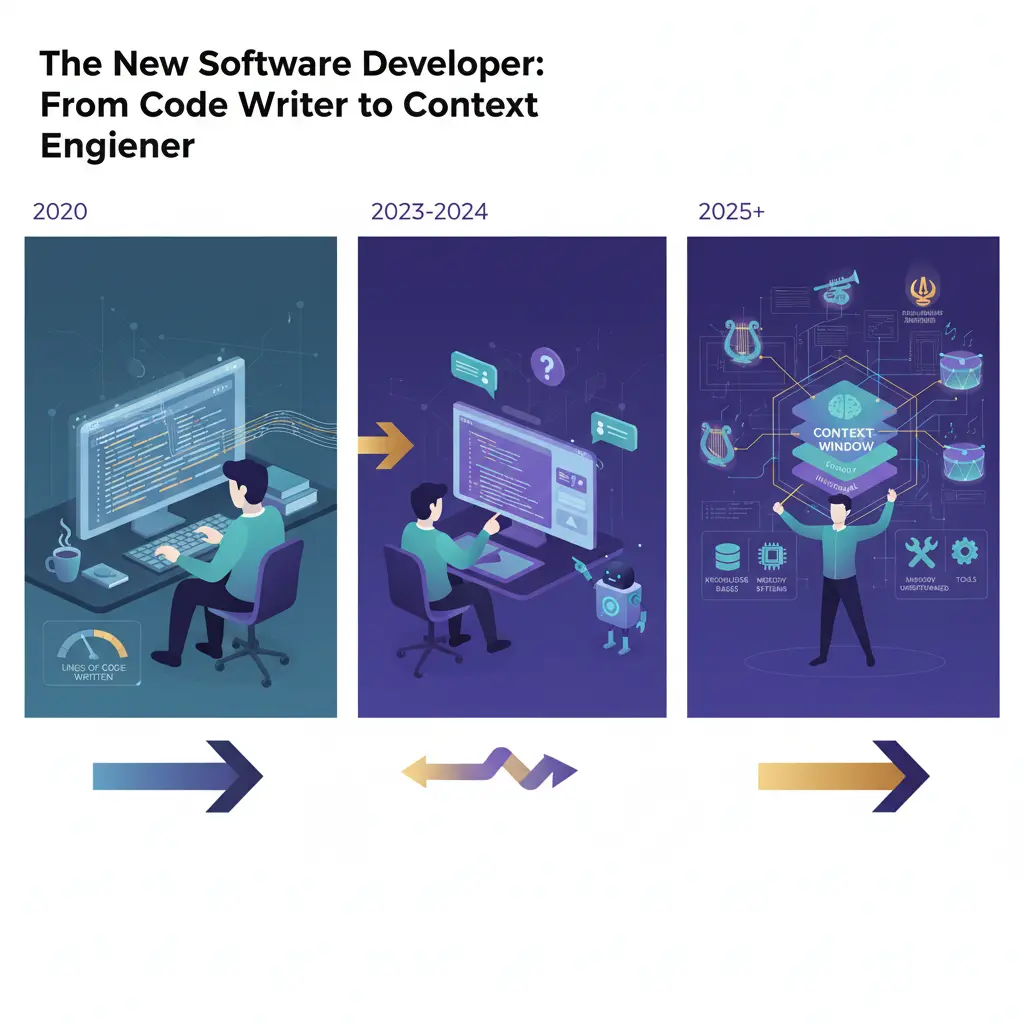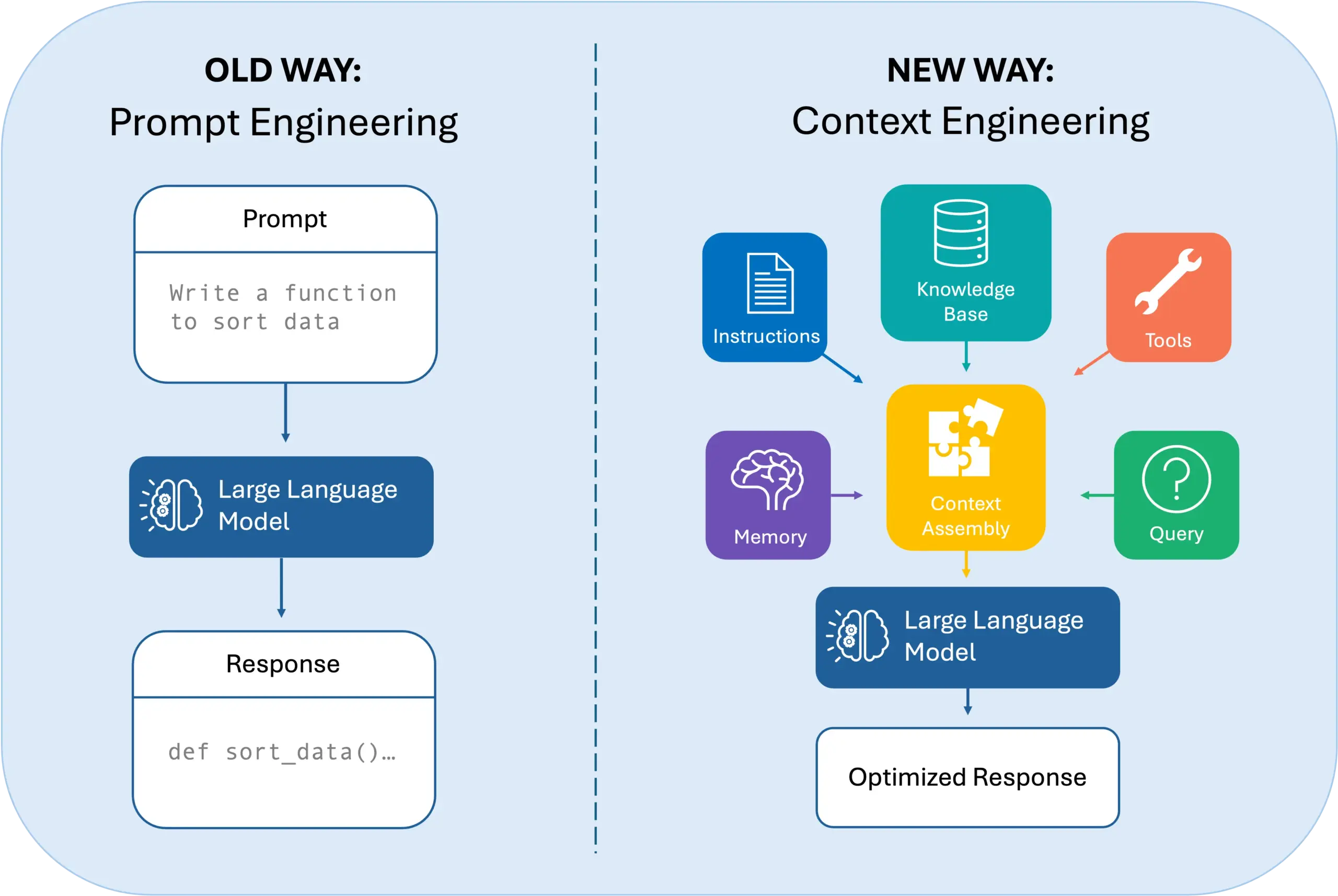According to an IBM study, companies that used technology intensively during the pandemic have performed better than those that did not. The document reveals that these companies, belonging to 12 economic sectors where technology is a differentiating factor of competitiveness, achieved an average of 6 percentage points of extra income for implementing these technologies compared to their competition. Some industries that stand out in this regard are the retail trade, energy, insurance, or travel.
The study, titled “Digital Acceleration,” highlights that the technologies that impact business performance have changed during the pandemic. Mobile technology, artificial intelligence, and the cloud are now the three most strategic technologies.
Some like the IoT, which topped the ranking before the pandemic, now occupy the last place. While facing a new crisis, companies are now 74% more willing to use the hybrid cloud in their business processes to improve their security and resilience. On the other hand, six out of ten organizations will adopt a next-generation AI standard to enhance customer satisfaction.
Industry-appropriate technology mix
Using these technologies together can act as a catalyst for short-term success and provide the foundation for transforming your organization’s future. In this sense, the study shows how the cloud is the technology that has contributed the most to generating income during the pandemic in 11 of the 18 analyzed industries, especially in the scientific sector, healthcare, aerospace, defense, oil, as well as the tourism and transport sector. In these industries, companies that had invested the most in the cloud before COVID-19 performed significantly better in revenue during the pandemic.
For its part, AI has been the differentiating technology to improve business performance in nine industries: the financial sector, chemical, industrial and scientific products. Companies that had made a significant investment in AI obtained greater revenue during COVID-19 than organizations that did not use it. On the other hand, mobile technology represents an income improvement for half of the analyzed industries, standing out in the retail, insurance, and automobile sectors.
Key capabilities to drive success
The study uncovers some key factors that have guided the best-performing companies to success during the pandemic months by adopting different technologies. The cloud stands out as a fundamental tool in the six capabilities described below, and AI, IoT, and automation are beginning to gain importance in those capabilities. The key pillars are:
Agility and efficiency: Top-performing companies used the hybrid cloud to improve business performance 93% more than their competition.
Customer Engagement: Top-performing companies use the cloud 60% more than their rivals to provide consistent customer service.
Supply chain and operations: Three out of four top-performing organizations consider IoT necessary to their operations, 33% more than other companies. AI is also vital in this category, as top-performing companies are 54% more likely to use it for supply chain planning.
IT resilience and business continuity: Top-performing companies embraced the cloud as a
differentiator against their competition to improve critical business processes’ security and resilience, using it 71% more than other companies.
Staff: Top-performing companies are five times more likely to process and analyze internal and external data to improve staff management. These organizations use AI for employee communication, development, and training 85% more than other companies.
Cybersecurity: Successful organizations are 71% more likely to use AI to collect and assess cyber threats. For its part, the cloud is used 71% more by these companies to improve the security of critical business processes, and AI 37% more than its competition to respond to security incidents.




